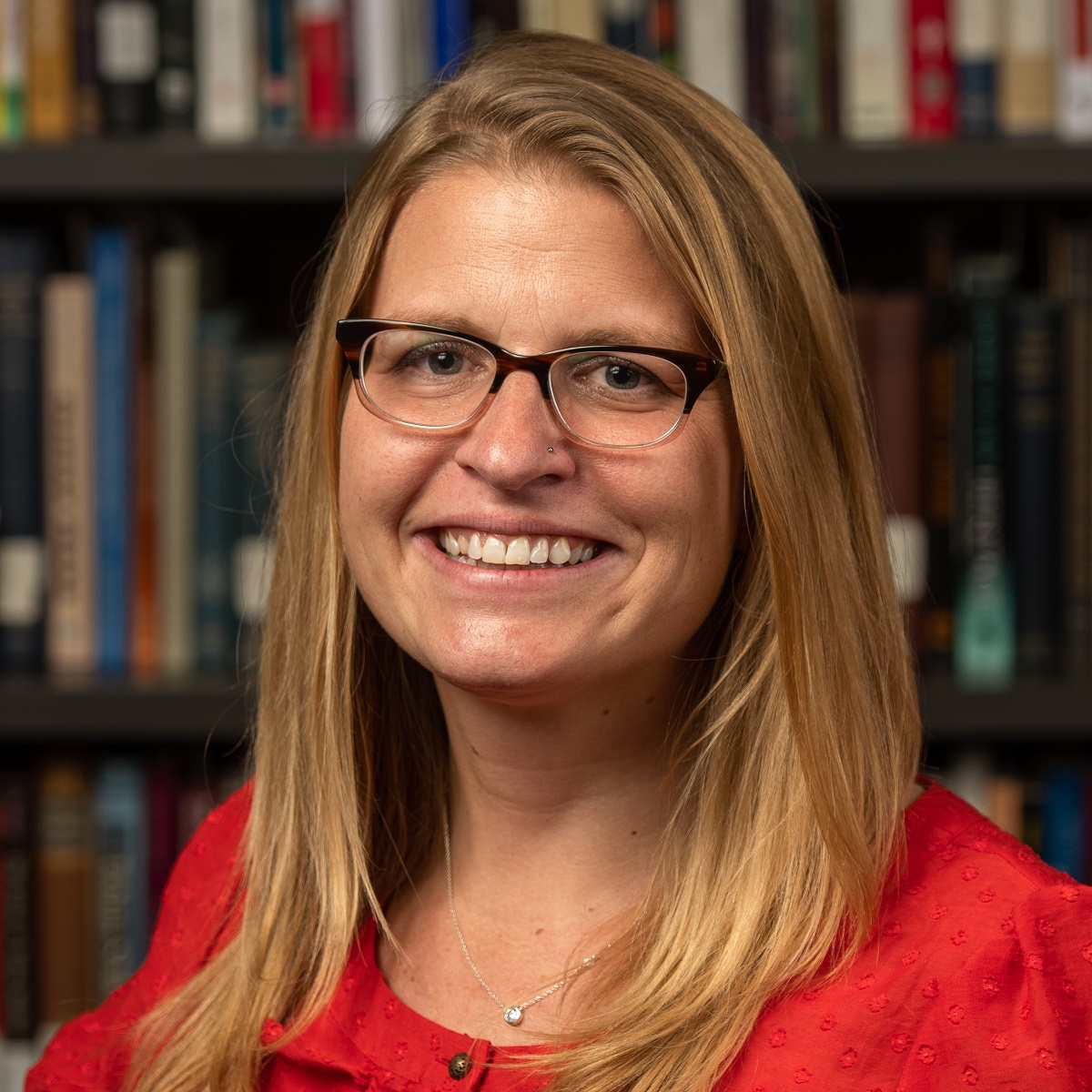Colorado College Assistant Professor of Environmental Science Rebecca Barnes is one of 82 distinguished scientists to receive accolades from the American Geophysical Union, the world's largest Earth and space science society.
Barnes, a biogeochemist and ecosystem ecologist, was recognized with the Sulzman Award for Excellence in Education and Mentoring. Award recipients are selected for their "sustained and unique contributions to advancing our understanding of Earth, its atmosphere and oceans, and planets and astral bodies beyond our own."
The Sulzman Award for Excellence in Education and Mentoring is given for significant contributions as a role model and mentor for the next generation of biogeoscientists. The award honors Elizabeth Sulzman, an isotope biogeochemist and soil scientist whose enthusiasm for teaching awed many undergraduates at Oregon State University.
"It is such an overwhelming honor to be included in this list of truly accomplished scientists. I am particularly touched by the folks who knew Elizabeth Sulzman and have reached out to me. She left an amazing legacy," says Barnes.
Barnes, who joined the CC faculty in 2014, is committed to increasing the participation of women in earth and environmental science fields and more generally in any STEM (science, technology, engineering, and math) field. She is part of the leadership board of the Earth Science Women's Network, an international peer-mentoring organization for women in the geosciences, which recently received a national honor for its work in creating a supportive community for thousands of scientists.
Her research program has involved more than 25 CC students and focuses on understanding how aquatic and terrestrial ecosystems process and export nitrogen and carbon. Barnes is particularly interested in understanding how disturbance and global change drivers such as nitrogen deposition, land use change, and fire affect ecosystem function, acknowledging that in order to understand the ecological impacts of global change not only ecosystem drivers such as changes in temperature and hydrologic cycling need to be examined, but also policy decisions and cultural perceptions of the environment.
In addition to her biogeochemical research, Barnes works with social scientists to develop evidence-based programming to promote women in geosciences. Aimed at all career stages, this work ranges from bystander intervention training aimed at faculty to improve workplace climate to developing mentoring networks for undergraduates.






